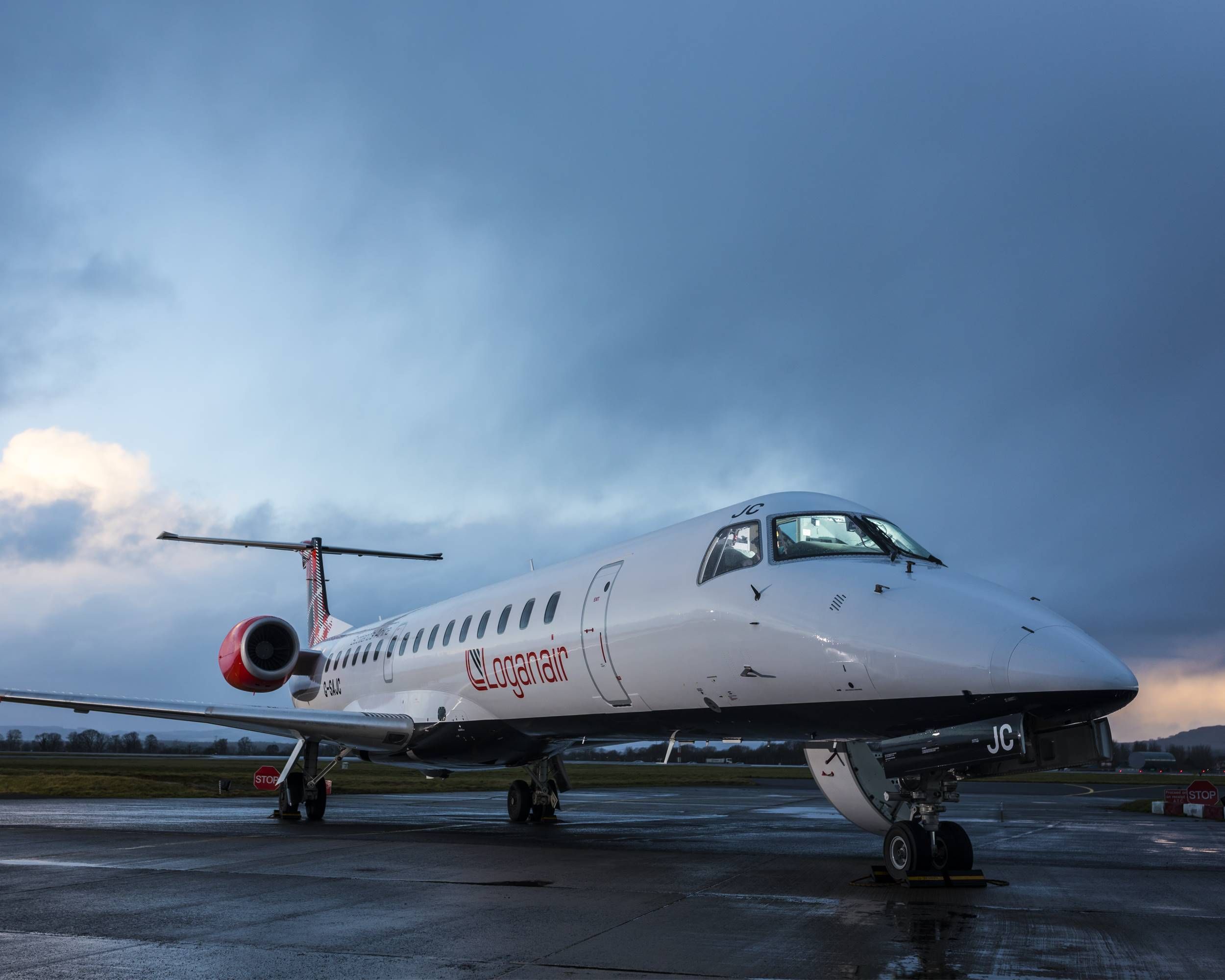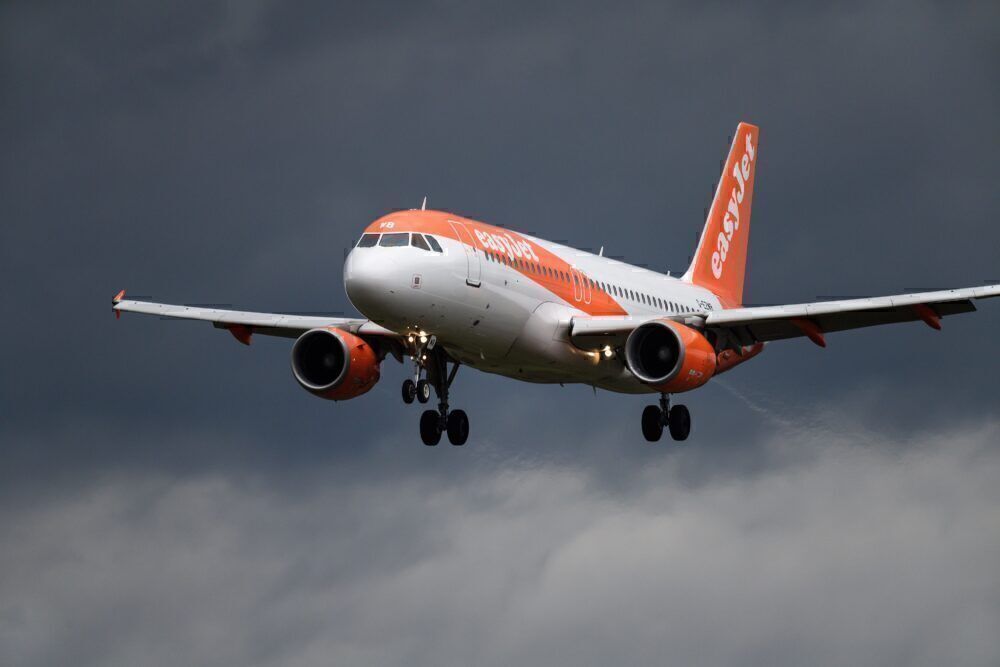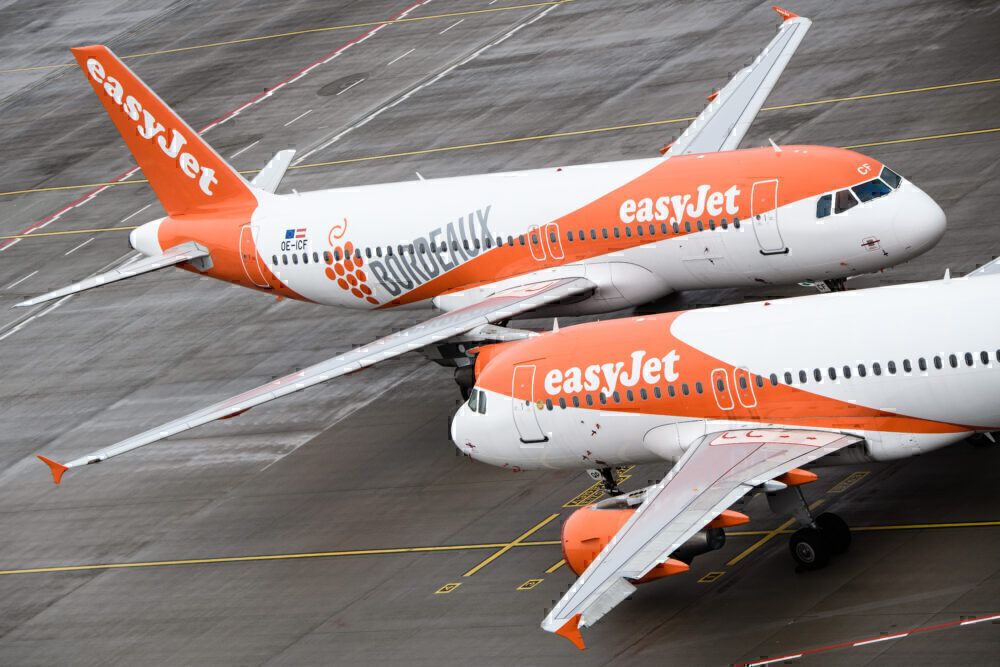The UK government has revealed plans to review the Air Passenger Duty (APD) on domestic flights. Currently, airlines pay more in tax to fly from the UK to the UK than they do to fly much further into Europe. The plan will be consulted upon in the spring; the UK’s struggling airlines say the change can’t come soon enough.
APD reduction under consultation
Plans to cut the UK’s Air Passenger Duty (APD) are set to be consulted upon this spring. Prime Minister Boris Johnson signaled his support for such plans today, with a statement released via the Department for Transport (DfT) reading,
“It’s now time to build back better in a way that brings every corner of the UK closer together … I want to cut passenger duty on domestic flights so we can support connectivity across the country.”
Of course, noting in the public sector moves fast, so there will inevitably be a drawn-out consultation period before the plans are firmed up. The Prime Minister’s announcement today included a sum of £20 million ($28 million) earmarked for road, rail, sea and air improvements across the nation.
The news that APD is finally getting the attention it deserves will be welcomed by airlines operating in the UK. Although all airlines landing at UK airports pay the tax, those operating domestic flights within the UK have to pay it at both ends, making it difficult to turn a profit on these services.
APD had actually been increased on long-haul flights by £2 to £84 per passenger in the recent budget. In premium cabins, this increased by £5 to a total of £185 per passenger. However, APD on short-haul flights had been frozen, at £13 per passenger for economy tickets and £26 for premium fliers.
Since its introduction, APD has been divided into two segments only – flights under 2,000 miles and those over that distance. The consultation could well see a further band introduced for UK to UK flights, giving airlines operating domestic services a helping hand.
Quick decisions are crucial
UK-based airlines who have been struggling under the weight of the COVID pandemic are eager for a better summer this year. With vaccines rolling out at pace and the UK poised to allow recreational travel from mid-May, airline schedules are already being beefed up to accommodate the much-hoped-for spike in air passenger demand.
As such, airlines want to know sooner rather than later what the outcome of the APD reform consultation is. Jonathan Hinkles, Chief Executive of Loganair, stressed the urgency via his LinkedIn account, saying,
“We're hugely encouraged to learn of the UK Government's plan to reform domestic Air Passenger Duty. It will make a real difference to the sustainability of many regional air services, helping to ensure existing routes stay open and some of the connectivity lost since the tax was doubled in 2007 can be re-built.
“Loganair made strong representations to Sir Peter Hendy's Union Connectivity Review on this subject, and it's great to see these being taken on board and the proposals for change being endorsed by the Prime Minister. We've one word to contribute to the consultation about how this change should be accomplished - "Quickly"!
Johan Lundgren, easyJet CEO, told Simple Flying,
“We welcome that the Government will consult on reducing the cost of Air Passenger Duty for passengers travelling within the UK, as a reduced domestic rate would be a positive step in supporting the UK’s air connections. These links will be crucial to the economic recovery from the pandemic, so the Government should act quickly to take this opportunity.”
However, the news hasn’t been met with such warmth in all segments of the audience. Environmentalists say that cutting taxes on polluting air travel goes against the UK’s climate target. But ministers have argued that the cut in domestic air duty will be balanced by an increase in APD on longer, more carbon-intensive routes.
The government plans to examine other methods of decarbonizing aviation, including evaluating the use of sustainable fuels. For the airlines that provide essential connectivity to the communities of the UK, a reduction in the crippling levels of APD charged at both ends of the journey can’t come soon enough.



